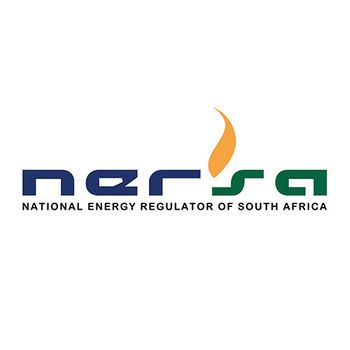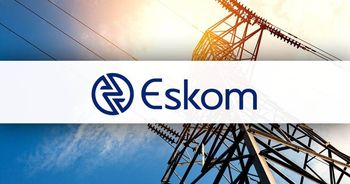The World Revolves Around Good Relations
Middelburg Chamber of Commerce and Industry (MCCI) President Que Naidoo and Steve Tshwete Municipality (STLM) Executive member Gerrit van der Merwe and Anna-Marth Ott met with Mayor Masilela and members of the mayoral committee on 30 March 2022.
During the meeting, chaired by Mayor Masilela, many issues were discussed and clarified; Mayor Masilela and his committee committed to finding a constructive way forward. As we have learned over the last six months, we cannot work in isolation. And the longer we do not talk to each other, the more problems escalate. Many of these issues could have been resolved with a phone call. It is good to confirm that the channels of communication are opening up after the meeting with the mayoral committee.
MCCI would like to thank STLM for addressing the various issues we brought to the attention of the Municipality in our October 2021 letter. Working together, we can repair the damage that has been done recently and grow our town and economy again.
Members should keep an eye open for the Integrated Development Plan Technical meeting. At this meeting, you will be able to ensure that STLM’s future infrastructure plans will fit in with your business’ needs and expansion plans.



